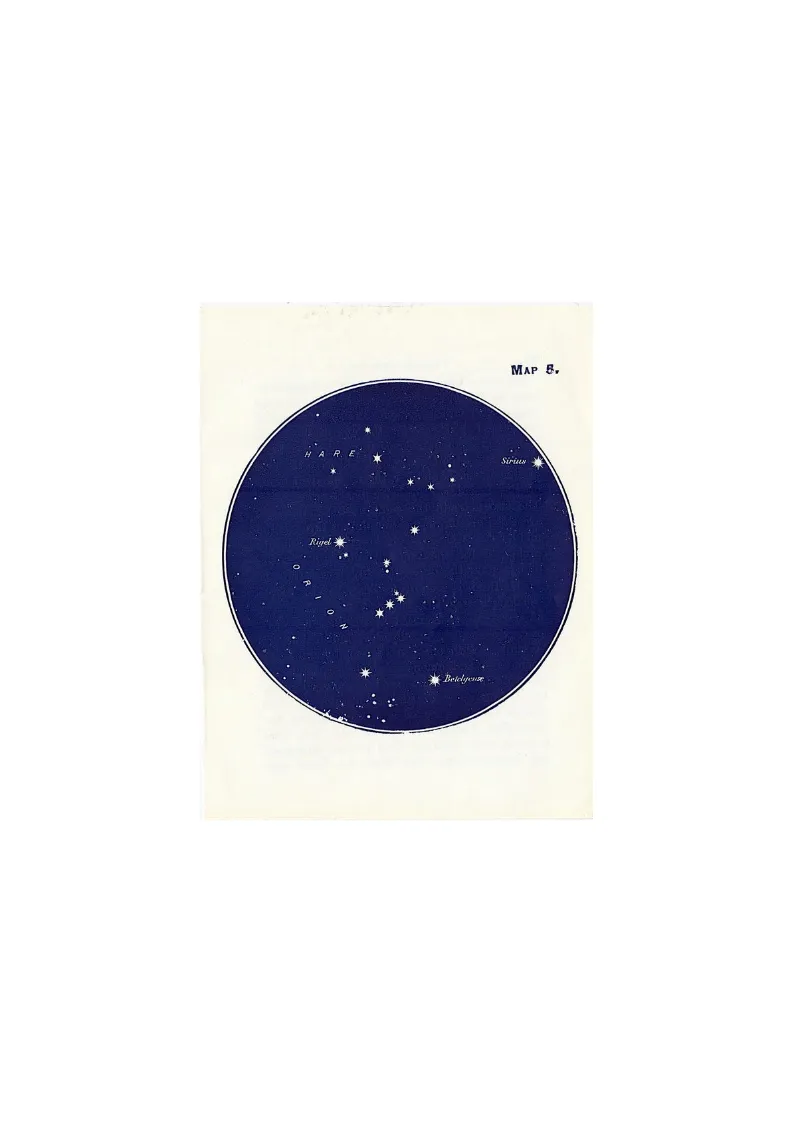Inspired by a conversation on Twitter, Upstream is publishing a new blog series. Each month (ish) one person will post their reading wishlists based on the browser tabs they have open. We'll learn the articles they're most keen to read - and why. Somewhat of a reading 'guilt list', each author will conclude by tagging another person to share theirs, helping to curate the must-read content of the moment in our space.
Cameron Neylon came up with the "open tabs" idea so he'll start things off for March 2022...
Like pretty much everyone else I’m not keeping up, and in common with many people, I’ve got a whole bunch of open browser tabs with things I should read. Will I ever get to spend the time properly on them? Who knows, but I thought maybe by explaining why I think I should read them I’ll at least motivate myself to dig a little deeper.
Alright, I keep intending to write a regular post about interesting new research as a reason to get on and read things.
— CⓐmeronNeylon (@CameronNeylon) March 10, 2022
This is not working, so would anyone be interested in a regular feature on the browser tabs I have open and why I think I *should* read them properly?
Ok, so working from the longest standing tabs to the newest ones:
The Function of Literature in Psychological Science. Flis, I. (2022, January 22)
https://doi.org/10.1177/10892680211066466
So I’ve actually read this and even talked to the author but its there because I want to go back to it. This is the preprint version of a published article by Ivan Flis. It uses some of the substantial disagreements on how to improve the methodology in social psychology as a way to dissect what different groups think that the scholarly literature is actually doing. This is really exciting for me because it takes a step beyond a bunch of thinking I was doing a few years back and really cracks open some problems relating to research cultures and change-making. I also love the way that it frames some core beliefs about what literature is and does as “myths” because it focuses our attention on the stories we tell about these systems and processes rather than letting us imagine that they are some eternal truth.
The Tone Debate: Knowledge, Self, and Social Order. Review of General Psychology. Derksen M, Field S. (2021)
https://doi.org/10.1177/10892680211015636
I’m not actually sure where this came from. I suspect Ivan may have recommended it. I haven’t fully read it but it also looks at the conduct of debate about reproducibility in social psychology. Both this and Ivan’s piece is interesting because I wrote up a similar kind of argument that never quite completely gelled, in part because I was tackling at too abstract a level. Both this piece and Ivan’s above solve that problem by looking at a much more concrete case.
Assessing the effect of article processing charges on the geographic diversity of authors using Elsevier’s “Mirror Journal” system. Audrey C. Smith, Leandra Merz, Jesse B. Borden, Chris K. Gulick, Akhil R. Kshirsagar, Emilio M. Bruna; Quantitative Science Studies 2022; 2 (4): 1123–1143
https://doi.org/10.1162/qss_a_00157
I’m sure most people will be aware of this paper. It provides a strong methodological basis for showing an association between APCs and a lack of authors from the “global south”. It got a lot of coverage as demonstrating proof that APCs block access to publishing, particularly for less privileged authors. I was careful in wording those two sentences - because they’re not the same. I also believe that the second is true. I’m less convinced that this paper shows it - not because it is badly done, it is as strong a methodological approach to this question as you could hope for - but because I suspect there are strong confounders. As a result I really wanted to dig deep into the approach and ask how the analysis could be generalised out to strengthen the broader case and analyse these access problems.
As a general point, I’ve been a bit disappointed over the years with open access and open science advocates uncritically accepting results we like while tearing apart those we don’t. I do think it is important to be critical, especially about results we agree with, and in this case, I think there are real selection problems with the kinds of authors for whom these specific mirror journals would be attractive.
The Colonial Project of Gender (and Everything Else), Sandy O’Sullivan (2021), Genealogy, 5(3), 67
https://doi.org/10.3390/genealogy5030067
My colleague has just submitted a paper seeking to develop a counter-narrative around gender and scholarly communications. We used data from a number of national sources and this data as is commonly the case was limited primarily to binary gender. We acknowledged that as an issue but what do we actually do about it? This paper casts the issues of gender binaries in a broader intersectional space, focusing on how the colonial project is built on particular concepts of family and gender cast in a specific cultural setting that demands adherence through institutional settings (including education and health), regulatory regimes and arenas of action that restrict and erase the complexities of peoples and communities who don’t fit into the neat categories our colonial systems seek to enforce.
Indicators of research quality, quantity, openness and responsibility in institutional promotion, review and tenure policies across seven countries. Pontika, N., Klebel, T., Correia, A., Metzler, H., Knoth, P., & Ross-Hellauer, T. (2022, March 3)
https://doi.org/10.31222/osf.io/b9qaw
The title says it all really. In some ways a follow on to the work of the Revue, Promotion and Tenure Project from the ScholComm Lab and collaborators. This covers more European institutions and therefore will be really interesting…once I get to read it properly!
How relevant is climate change research for climate change policy? An empirical analysis based on Overton data. Lutz Bornmann, Robin Haunschild, Kevin Boyack, Werner Marx, Jan C. Minx (March 2022)
arXiv:2203.05358, https://doi.org/10.48550/arXiv.2203.05358
The newest thing I haven’t read, just arriving in the last few days. This study looks at the research cited by policy documents, with a focus on Climate Change. This is particularly interesting because it takes a different approach to a quick piece of work I did last week with Bianca Kramer, looking specifically at research cited by the recent IPCC Climate Change report. This is a more traditional bibliometrics style analysis focussing on citation counts, textual relations, and other things, and will be interesting to dig into the details to understand more of what is common and what is different.
Tune in next month to find out some more must-read 'open tabs'. I’m tagging Aaron Tay (Librarian at Singapore Management University) as someone who is always spotting interesting trends and new work.
Copyright © 2022 Cameron Neylon. Distributed under the terms of the Creative Commons Attribution 4.0 License.










